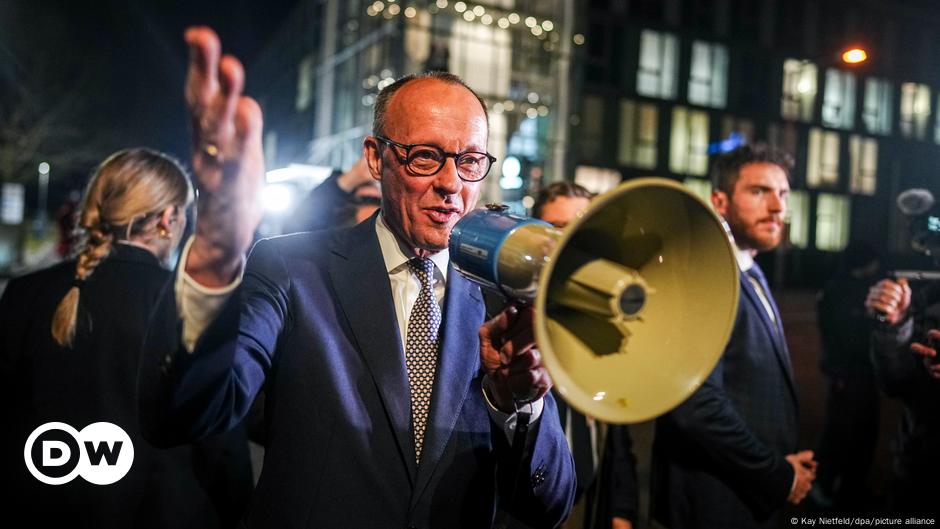Four years after they last played an official match before the devastation, destruction and displacement caused by the return of the Taliban, Afghanistan women are ready to play for their country again.
The “FIFA Unites: Women’s Series” will see the newly formed Afghanistan women’s refugee football team play against Chad, Libya and hosts United Arab Emirates from October 23-29. Although sports matter, sending a message to the oppressive rulers of our homeland matters even more.
“There are a lot of emotions coming up, a mixture of excitement and anticipation of the tournament, but at the same time, it’s a big responsibility,” defender Najma Arefi told DW.
“It’s not just about wearing the Afghan women’s team jersey. It’s also about representing the many Afghan women who have been silenced and have no voice to share with the world. They have been barred from every single human right.”
Since the Taliban came back to power in 2021, following the withdrawal of US and NATO forces, women and girls in the country have been almost completely stripped of their rights. They cannot leave home without a close male guardian or be educated beyond primary school level and face brutal punishment for any everyday activity.
Life changed overnight
Sports, which had begun to develop for women and girls in the 20 years since the last Taliban rule, were also banned. For women like Arefi, who was 17 at the time, leaving was the only option that made sense.
“I lived under Taliban rule for about a month. As a girl it was a nightmare. I also had three younger sisters in my family. The biggest issue at that time was that Taliban soldiers were marrying little girls [against their will]”The news was spreading and my parents were very worried about what to do with us,” he said.
“Being on the playground at that time was making it more risky and dangerous for us. I wasn’t even able to leave the house to go shopping or do anything. I was in jail for two months.”
There is doubt about who can watch the tournament
Arefi, now settled in England, has tried to stay in touch with as many of her family members and friends living in Afghanistan as possible. But the Taliban’s widespread restrictions on social media access and internet shutdown in late September have left Afghans, and women in particular, isolated.
“We sincerely hope that they can keep an eye on us [the tournament will be streamed live by FIFA]And they can look to us as an inspiration for themselves, because right now, there are a lot of things going wrong in Afghanistan,” she said.
The tournament is an important step towards FIFA’s mission of readmission, which has been a priority for those female footballers who managed to escape. Under the leadership of former captain Khaleda Popal, many young footballers have worked tirelessly to promote this cause.
A refugee team playing in regional leagues in Melbourne, Australia has served as a de facto Afghanistan team, but was not recognized by the game’s global governors. This changed in May, when FIFA announced a comprehensive strategy to “support women in Afghanistan to participate in football, whether they live in, or are based outside, the country.”
That strategy led to this month’s tournament and the announcement of the first official Afghanistan squad for 2021. Of the 23 players going to Dubai, 13 are from Australia, five from the UK, three from Portugal and two from Italy. They will be coached by former Scotland international Pauline Hamill.
Reunion for displaced team
Many of the team’s players played together in their homeland and Arefi said the chance to play together again at the pretournament selection camp at the English Football Association headquarters was an emotional occasion.
“Our camp at St George’s Park was a reunion. Some of the girls came from different countries, and seeing each other after so long was like a warm hug for us. When we got on the field, it didn’t feel like we had been apart for so long, because football reunited us as a team and allowed us to show resilience and sisterhood.”
Arefi is balancing his football with the education he was denied in Afghanistan. Her experiences have inspired her to study criminal justice and social work and she plans to go to university next year.
“I want to be a human rights lawyer, advocate for women and girls who can’t do that, and take advantage of the opportunities I have here.” Their message to the Taliban is clear: “We are still here. We are still fighting for the voice that you are taking from us.”
The next step in that battle will be a match against Chad in Dubai on October 23.
Edited by: Chuck Penfold






Leave a Reply